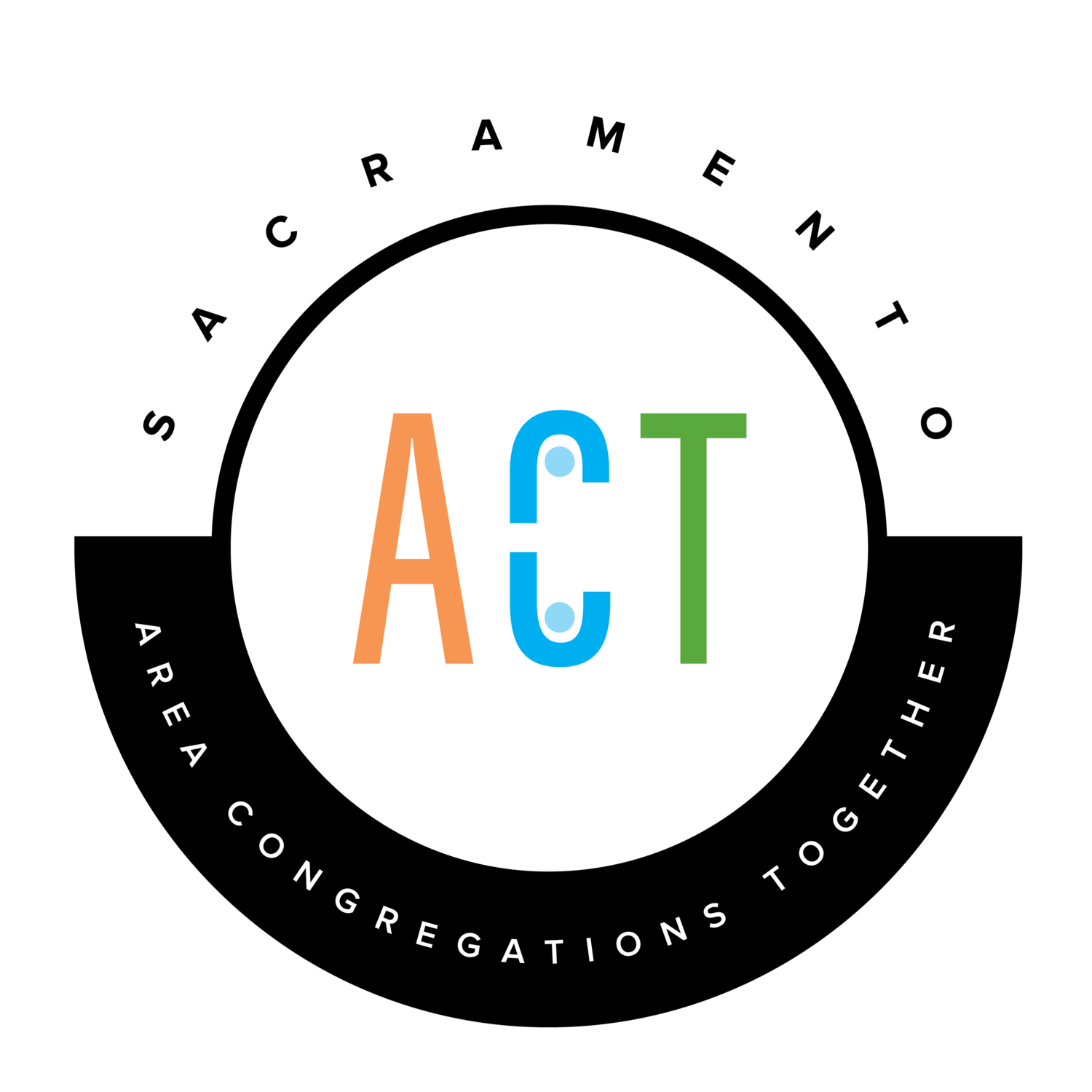If the Trump administration orders mass deportations, undocumented immigrants could take refuge in Catholic churches with the support of local parishioners, said Sacramento’s Roman Catholic Bishop Jaime Soto on Ash Wednesday.
Soto said he hoped “all the hysteria” over undocumented immigrants would result in comprehensive immigration reform before mass deportations. But in the event that undocumented immigrants start being rounded up en masse, “we have to be ready to respond if and when that happens,” Soto said in his office on Broadway.
Soto, whose diocese spans 1 million parishioners in 20 counties, cited precedent for churches providing sanctuary to immigrants.
During the 1970s and 1980s, several Los Angeles area churches literally offered refuge and even places to live for some undocumented immigrants fleeing the Immigration and Naturalization Service, as the Immigration and Customs Enforcement agency was then known. The majority of the Sacramento region’s estimated 60,000 undocumented immigrants are Catholics, said diocese spokesman Kevin Eckery.
Overseeing territory with 42 mission churches, Soto said it would be largely up to the parishioners of each church to provide sanctuary. Although Soto said he “couldn’t rule out” mass deportations, he added: “We will be true to our values as Catholics and Americans where the worn and torn from different nations can come here to rebuild their lives.”
The church already provides a variety of services to immigrants and refugees through the Diocesan Immigrant Support Network. The network is a partnership with the bishop, Catholic Charities, community organizations, parishes and legal experts.
Other denominations in Northern California are considering what measures they may take to provide sanctuary to undocumented immigrants. Sacramento Area Congregations Together, or ACT, a social justice advocacy organization representing about 50 religious groups, said in January that roughly 30 interfaith clergy leaders will offer some form of assistance to undocumented immigrants in danger of deportation.
Soto said he helped parishioners make use of the Immigration Reform and Control Act of 1986, which provided legal status to 2.7 million undocumented immigrants who could establish residency, show they paid taxes and had no criminal records or extensive welfare history. Today, undocumented immigrants are reluctant to use food stamps, Medi-Cal or welfare for fear that will disqualify them from meeting the requirements of a new immigration reform bill, Soto said. They are also reluctant to talk to law enforcement, so the diocese is setting up meetings with local law enforcement agencies to build trust, Soto added.
Soto began as a priest in Southern California and remembers similar cooperation during the Central American crisis of the 1980s.
“Salvadoran and Guatemalan undocumented immigrants fleeing violence took refuge in churches,” Soto said. “Besides the dramatic gesture of somebody living in the church, you had refugee communities pulling together as brothers and sisters in the faith and supporting each other.”
In 1987, when day laborers were being rounded up in Orange County, several fled into a church during morning Mass, only to be followed inside by immigration agents who grabbed them, Soto recalled. Parishioners were outraged, and Bishop Norman Francis McFarland roundly condemned the action.
“There was such pushback they never went into the churches again,” Soto said.
Stephen Magagnini: 916-321-1072, @SteveMagagnini
Read more here: http://www.sacbee.com/news/local/article135865728.html#storylink=cpy
